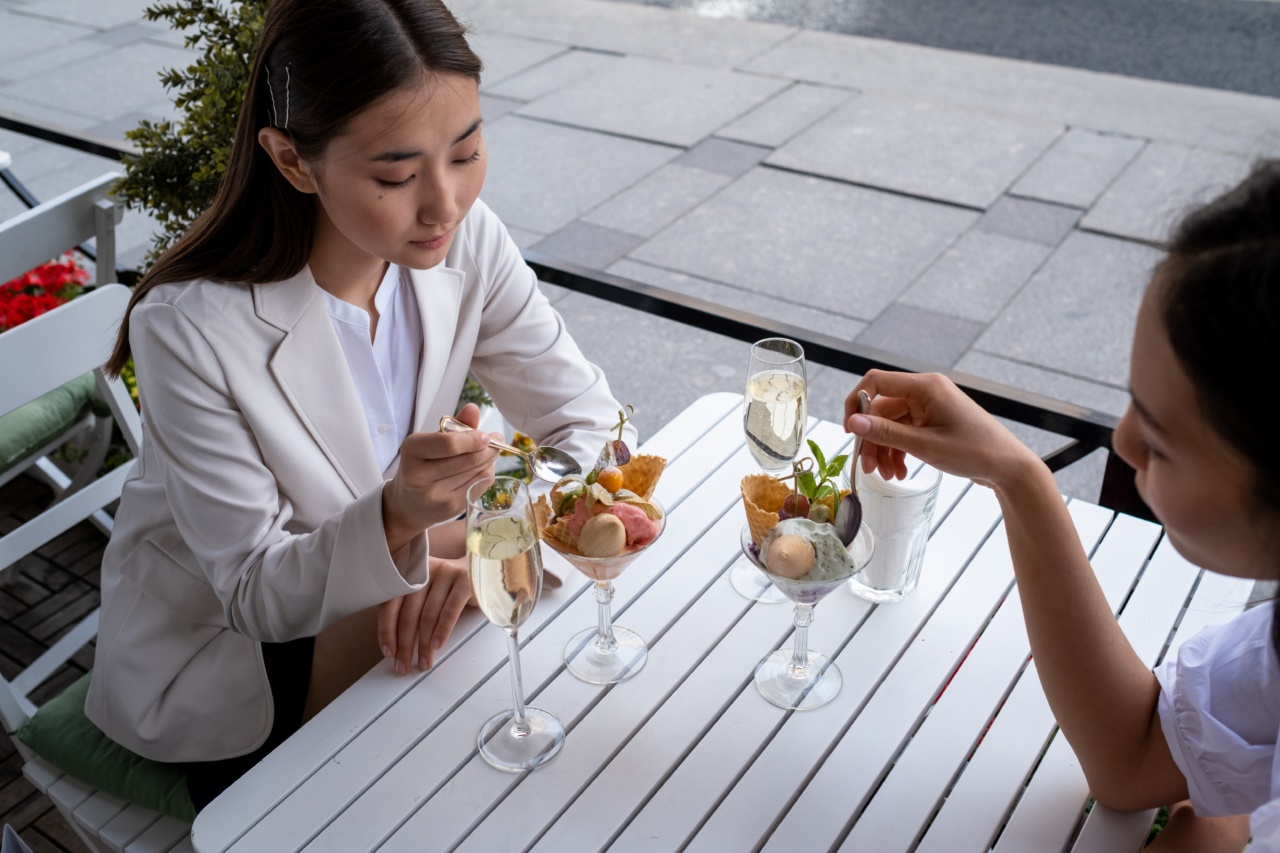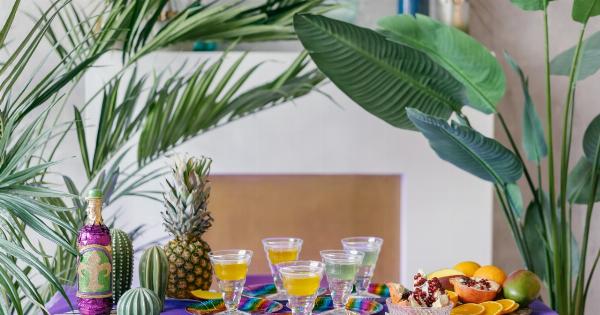High blood pressure, also known as hypertension, is a condition in which the blood pressure in the arteries is consistently elevated. This can lead to serious health problems such as heart disease and stroke.
Certain foods and drinks can have a significant impact on blood pressure, either raising it or lowering it. In this article, we will explore the top high blood pressure foods and drinks and how they can affect your health.
1. Salt
Salt is a major contributor to high blood pressure. When you consume too much salt, it can cause the body to retain water, which increases blood pressure. Experts recommend consuming no more than 2,300 milligrams of sodium per day for adults.
If you have high blood pressure, the recommended daily amount is even lower, at 1,500 milligrams. To reduce your salt intake, try avoiding processed foods, which often contain a lot of salt, and opt for fresh foods instead. You can also use herbs and spices to add flavor to your food instead of salt.
2. Caffeine
Caffeine is a natural stimulant found in coffee, tea, and chocolate. It can raise blood pressure by constricting blood vessels. However, the effect is usually temporary, and it varies from person to person.
Some people are more sensitive to caffeine than others. If you are sensitive to caffeine, you may want to limit your intake to prevent spikes in blood pressure.
3. Alcohol
Drinking alcohol can also raise blood pressure. Alcohol can constrict blood vessels, making it harder for blood to flow through them. Over time, this can lead to high blood pressure. If you drink alcohol, it’s important to do so in moderation.
For men, this means no more than two drinks per day, and for women, no more than one drink per day.
4. Processed Foods
Processed foods often contain high amounts of salt, sugar, and unhealthy fats. These can all contribute to high blood pressure.
It’s best to avoid processed foods whenever possible and opt for fresh, whole foods such as fruits, vegetables, whole grains, and lean proteins.
5. Red Meat
Red meat, such as beef and pork, can be high in saturated fat, which can raise blood pressure. If you eat red meat, it’s best to choose lean cuts and limit your intake.
You can also opt for other sources of protein, such as chicken, fish, and plant-based proteins like beans and nuts.
6. Soft Drinks
Soft drinks contain high amounts of sugar, which can lead to weight gain and high blood pressure. It’s best to limit your intake of soft drinks and opt for water, unsweetened tea, or other low-sugar beverages.
7. Cheese
Cheese is often high in sodium and saturated fat, which can contribute to high blood pressure. If you eat cheese, it’s best to choose low-sodium options and limit your intake.
8. Processed Meats
Processed meats such as bacon, sausage, and deli meats are often high in sodium and unhealthy fats. They should be avoided or consumed in moderation to prevent high blood pressure.
9. Energy Drinks
Energy drinks contain high amounts of caffeine and sugar, which can cause spikes in blood pressure. It’s best to avoid energy drinks or consume them in moderation.
10. Pickles
While pickles may seem like a healthy choice, they are often high in sodium. If you enjoy pickles, it’s best to opt for low-sodium varieties and consume them in moderation.
Conclusion
High blood pressure is a serious health condition that can lead to complications such as heart disease and stroke. Certain foods and drinks can contribute to high blood pressure, while others can help lower it.
By avoiding high blood pressure foods and drinks and opting for a healthy, balanced diet, you can reduce your risk of developing high blood pressure and improve your overall health.





























